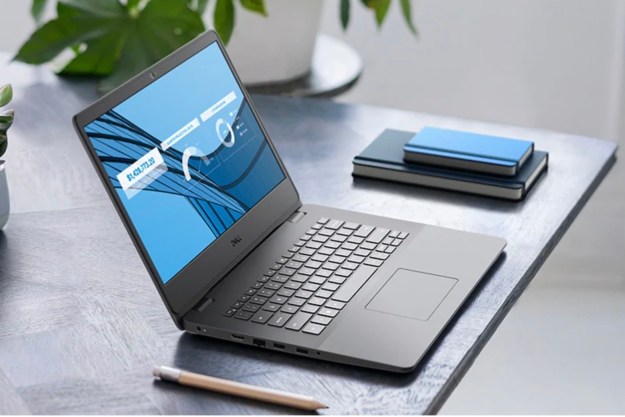
A shift in the way the idea of "obviousness" is interpreted in U.S. patent law has found its first beneficiary, as Judge William Scharzer of the U.S. District Court for the Northern District of California reversed his own earlier decision and granted RealNetworks and dismissed a patent infringement lawsuit brought against the company by San Francsisco-based patent-holding company Friskit.
In 2003, Friskit filed a patent infringement suit against RealNetworks, arguing the company infringed on patents related to the organization of audio and video files.
"We are very pleased with the results of today’s ruling," said Robert Kimball, senior VP and general counsel for RealNetworks, in a statement. "Since the legal dispute between the parties commenced over four years ago, Real has vigorously denied Friskit’s patent claims and defended our position that we do not infringe its patents."
The case is the first major patent infringement battle to be impacted by the U.S. Supreme Court’s April ruling in KSR International v. Teleflex Inc., in which the Supreme Court ruled in favor of an "expansive and flexible" approach to interpreting patent law, particularly when evaluating the obviousness of patents. The new standard affords judges a great deal more flexibility the apply common sense to patent infringement lawsuits, instead of having their hands tied by a doctrine of rigid interpretation which has been in use since 1851.
In dismissing the Friskit suit, Judge Schwarzer cited the KSR vs. Teleflex ruling, noted that the individual elements of the Friskit patents cited in the case exsted as prior art, and concluded that "the idea of integrating these different components was not novel."
The new standard for obviousness established by the Supreme Court is expected to cut down on frivolous patent litigation by making it more difficult for companies to sue over so-called "poor quality" patents, where the patented innovation may not represent significant innovation—for instance, an obvious combination of existing products.
Public policy advocates, technologists, analysts, and investors have long argued that arduous patent litigation forces companies to spend money and resources defending themselves from frivolous suits, which are often brought by "patent trolls"—companies which have no other activities than attempting to extract licensing fees from patents they developed or acquired. Companies have complained that defending against these lawsuits impedes efforts to innovate and create new products and services.
Editors' Recommendations
- Apple may soon eliminate the notch from your Mac and iPhone
- Future MacBooks could get a big performance boost if new Apple patent pans out
- Apple patents strange iPhone-MacBook hybrid charging dock
- Sony’s cartridge patent may describe a custom external SSD for the PlayStation 5
- Microsoft patent reveals liquid-filled hinge to make better foldable devices


